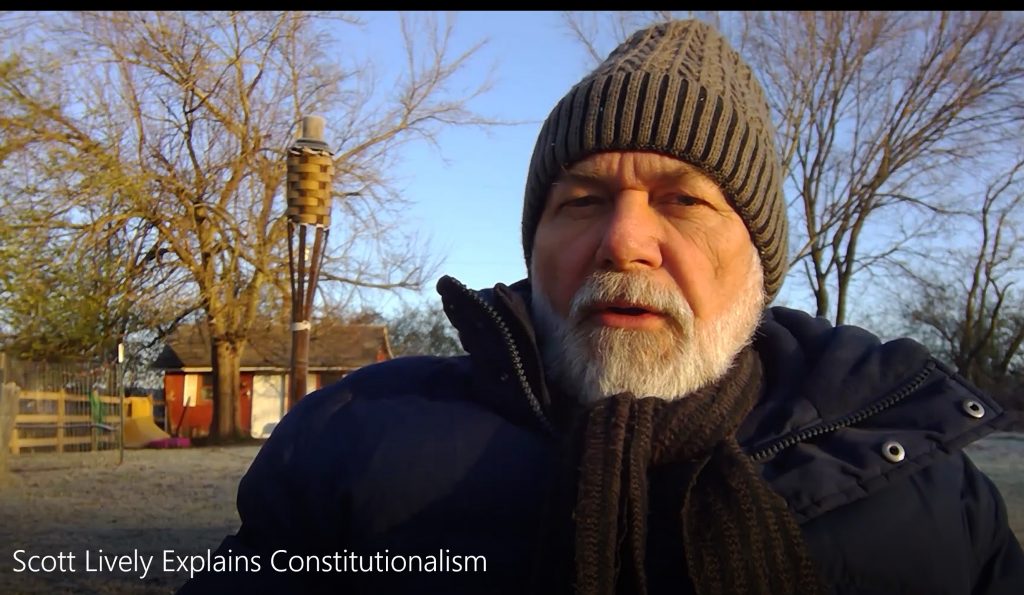
and please like, comment and subscribe to our channel
As part of my law program I minored in human rights and in 1997 earned a Certificate’ in that field at the University of Strasbourg, France.
The history of human rights in Western Civilization is the history of Constitutionalism and of the Common Law. They all begin at Runnymede, England in 1215 with the Magna Carta, a set of restrictions on the power of the British monarchy. The Magna Carta was the first constitution in the western world, and the origin of the rule of law in place of rule by monarchs.
Importantly, Rule #1of the Magna Carta was “The English church shall be free.” Not accidentally, our First Amendment to the United States Constitution also begins “Congress shall make no law respecting the establishment of religion or prohibiting the free exercise thereof.”
Constitutionalism eventually became a full-fledged Bible-based political ideology in England.
In 1620, America’s first constitution took the form of a coventental oath by British separatists. Their “Mayflower Compact” was adopted in part “to advance the Christian faith,” and the goal of their government was soon afterward envisioned as the “Shining City on a Hill” of Matthew 5.
Constitutionalism was fleshed out in Thomas Hobbs’ Leviathan (1651), and elegantly refined by John Locke in Two Treatises of Government (1690).
Locke’s first treatise rebutted Sir Robert Filmer’s defense of the “Divine Right of Kings,” in which Filmer argued that God intended humanity always to be subject to one divinely appointed king in an unbroken line of succession from Adam. Locke countered Filmer’s argument with a point by point explication of the Biblical concepts of individual freedom and equality originating in our creation as individual sovereign beings under His rule.
Locke’s second treatise applied those principles to the social contract theory of government, essentially creating what would become the core of American political philosophy as summarized in the Declaration of Independence.
In the 1700s, a heavy political battle in England between constitutionalist Whigs and the pro-royalist Tories spilled over to the American colonies, essentially setting the stage for the American Revolution, which operated in a sense as their proxy war — of which Americans were the biggest winners.
To be a constitutionalist is thus to align with the Founders love for the Bible-based rule of law, and to diligently pursue their vision to make and preserve America as a Shining City on a Hill.



